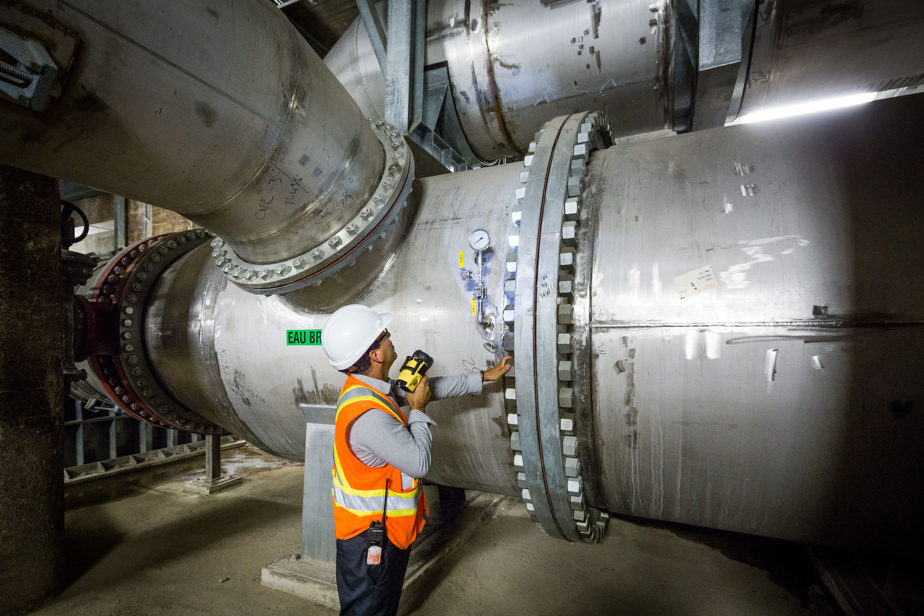(Quebec) Quebec is extending $2.4 billion over 10 years to allow municipalities to carry out drinking water and wastewater infrastructure work.
“We want to repair our water system in Quebec. It’s expensive. We have to be careful with our drinking water, ”says the Minister of Municipal Affairs, Andrée Laforest, in an interview with La Presse Canadienne.
This aid is part of a new municipal water infrastructure program (PRIMEAU).
The old versions of PRIMEAU had a total envelope of 826.7 million.
This money will be used for water infrastructure projects as well as for the extension, rehabilitation or replacement of pipes.
With this program, Quebec will pay between 65% and 95% of the bill for municipal projects.
The program is spread over 10 years and construction costs will be reassessed every two years to adjust for inflation, something that was not possible with previous PRIMEAUs.
“There are projects that did not see the light of day because the construction costs were not up to date,” explains Ms. Laforest.
An envelope of 1 billion is reserved for large cities and another of 1.4 billion for municipalities with fewer than 100,000 residents.
The Union of Quebec Municipalities (UMQ) welcomes the new government program quite favorably.
“The needs are so colossal that we never fully meet them. On the other hand, when we see that the sums are growing, that in itself is good news, ”says the president of the UMQ, Daniel Côté.
He explains the challenges faced by municipalities with their water supply system.
“Pipes are breaking all over the place and there is a lot of waste due to cracked pipes. When they are below the road networks, with freezing and thawing, it has an impact on the quality of the roads,” he says.
Minister Laforest also wants to limit the number of water main replacement projects that municipalities can do at the same time.
Each municipality will have a limit of three government-funded projects simultaneously. Except for Montreal which will have a limit of six projects.
“Sometimes the municipalities made too many requests at the same time and we didn’t see the work being carried out […] It’s all very well to make requests, but you have to go with the municipalities’ ability to carry out,” he explains. -She.
This aspect of the program displeases the UMQ. “Municipalities with extremely large territories should not be penalized on the number of projects they can deliver,” said Mr. Côté, who wants to see more flexibility from the government in this area.

